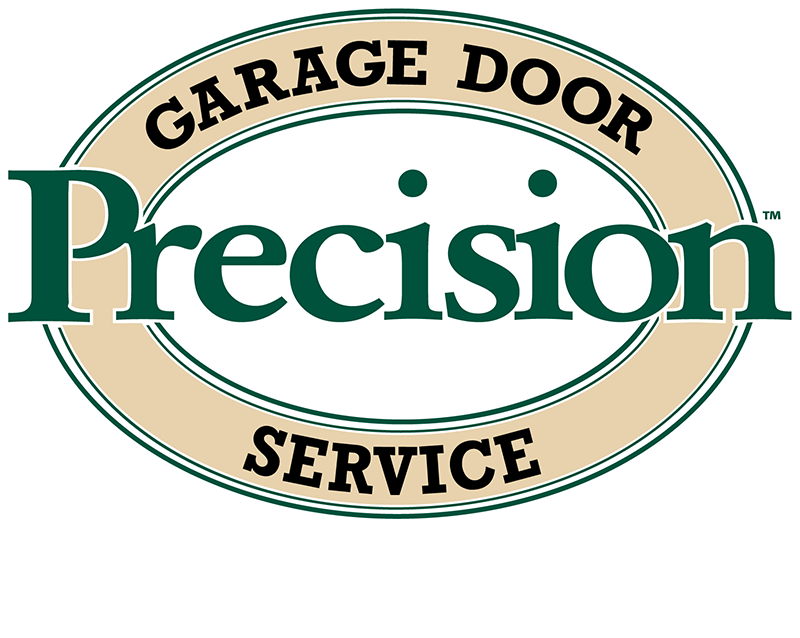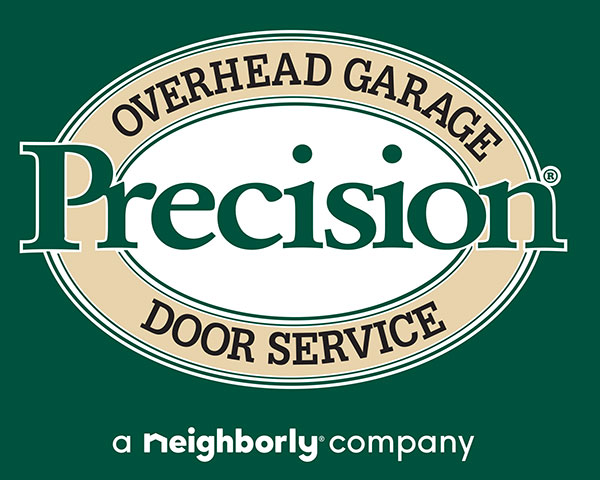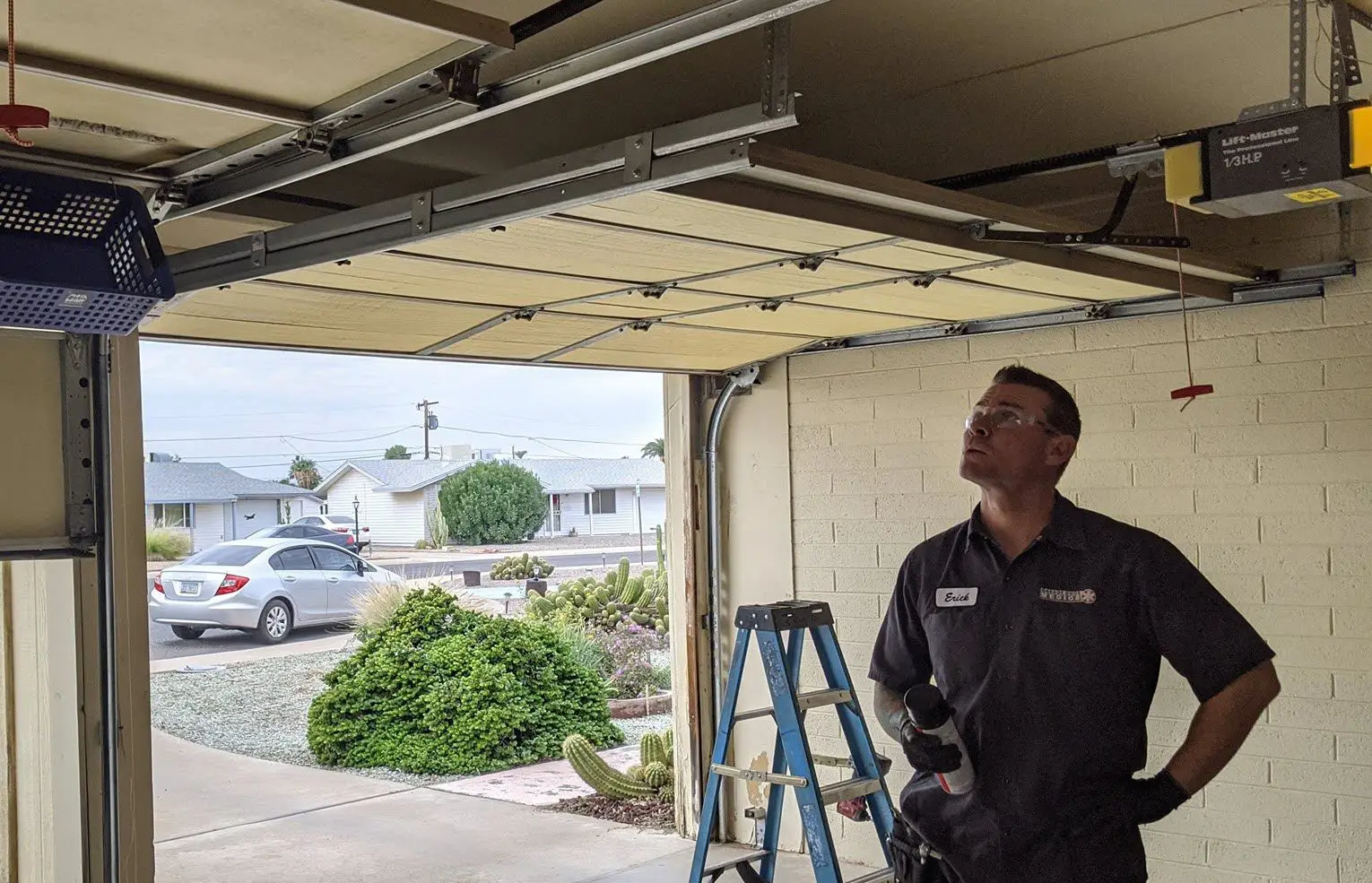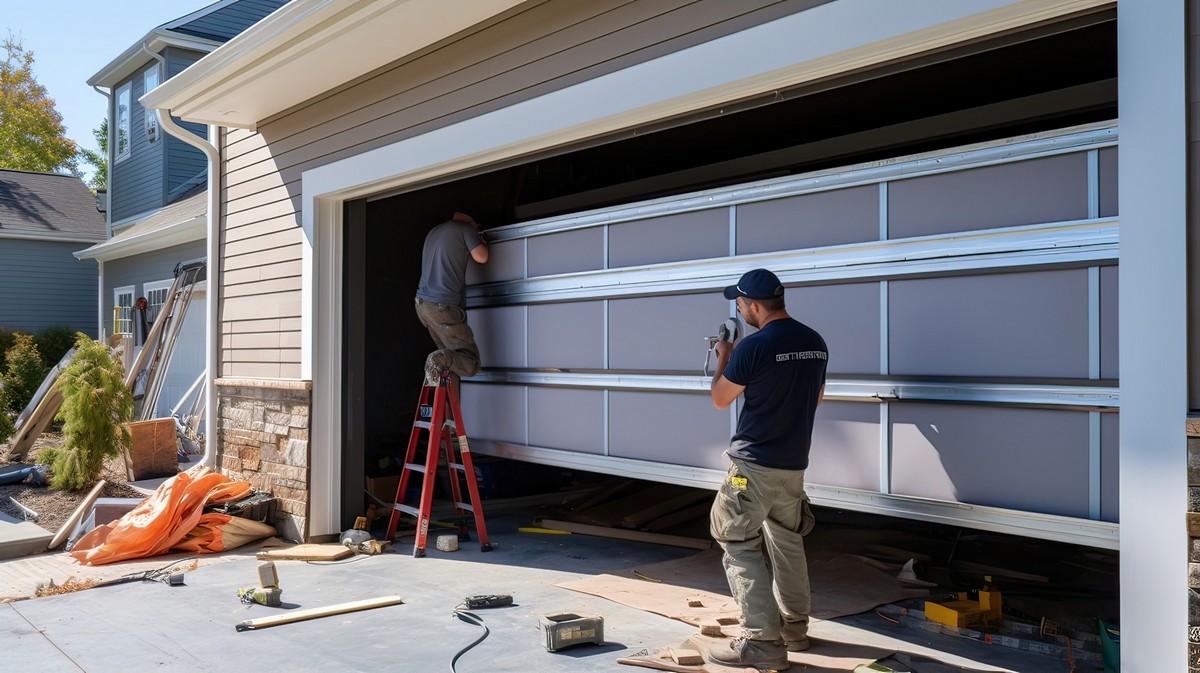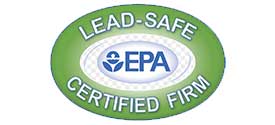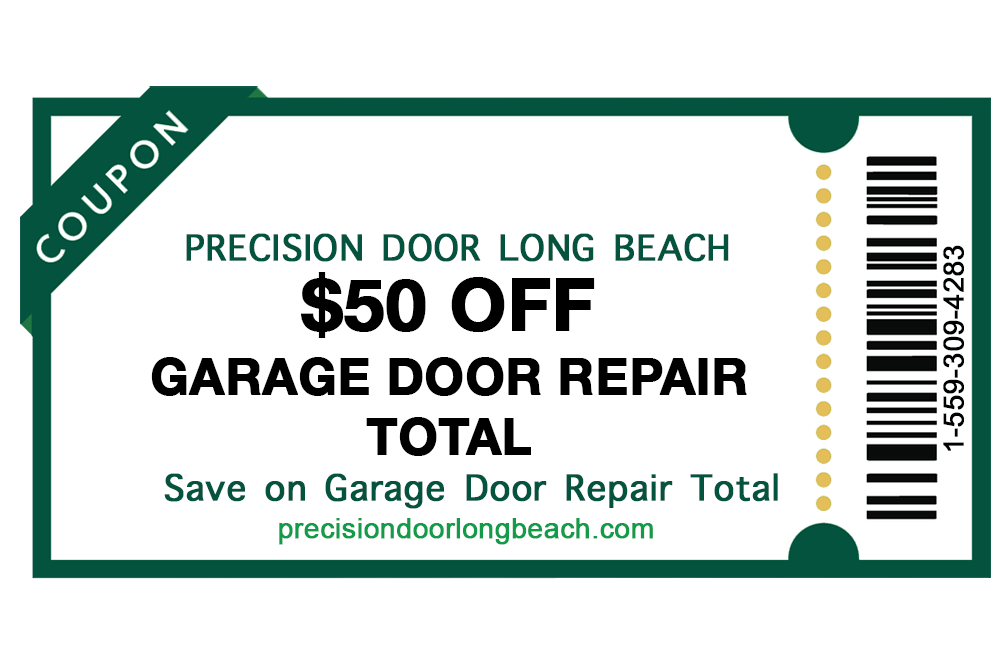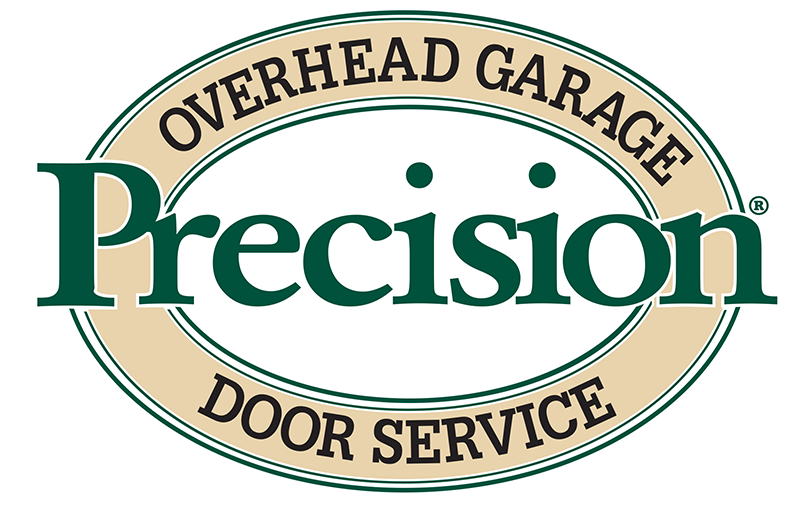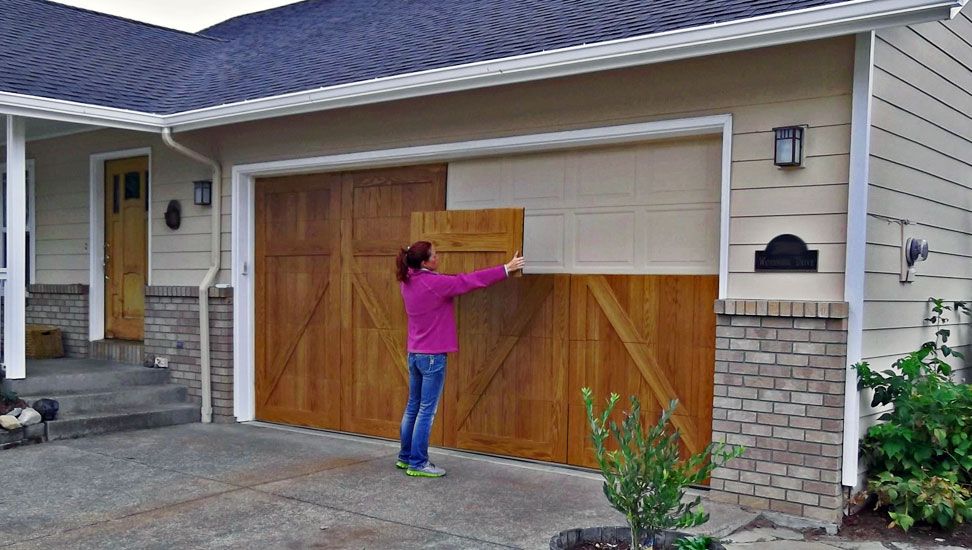
Long Beach weather can change quickly, from warm sunny days to cool, damp evenings. While these shifts may feel mild, they can have a big impact on how your garage door works. Over time, temperature changes, humidity, and salt in the air can wear down materials and moving parts. Many homeowners don’t realize that even small changes in the environment can affect daily performance.
When moisture causes metal parts to rust or wood panels to swell, your garage door may begin to stick, squeak, or open unevenly. Heat can also dry out lubricants and weaken springs. These issues make your system work harder and shorten its lifespan.
This guide explains how the weather affects your garage door performance and what you can do to protect it. With regular care and professional maintenance, you can keep your garage door running smoothly through every season.
The Impact of Weather on Garage Door Performance
Weather changes can affect every part of your garage door system. In Long Beach, humidity and coastal air are common causes of wear and tear. When moisture settles on metal parts, it leads to rust, corrosion, and stiffness. Over time, this makes your door noisy and harder to operate. Wooden doors also absorb moisture, causing swelling and cracking. Regular garage door repairs can help prevent damage before it becomes serious.
Heat is another major factor in how the weather affects your garage door performance. High temperatures cause metal components to expand, throwing off balance and alignment. This can make the door strain during operation or close unevenly. Extreme heat also dries out lubricants, increasing friction on hinges and rollers. Using proper oils and parts and accessories helps maintain smooth movement and reduces long-term wear.
Cold or wet weather has its own set of problems. Rain, fog, and cooler temperatures can slow the opener’s response time or freeze moving parts. Condensation can also interfere with sensors and electrical systems. Routine inspections and a Garage Door Lifespan maintenance check can keep your system protected. No matter the season, consistent care keeps your garage door performing safely and efficiently.
Common Weather-Related Garage Door Problems
Weather affects different materials and mechanisms in specific ways. Knowing which issues to watch for helps you prevent serious damage and extend your system’s life. Here are the most common weather-related problems that impact how your garage door performs throughout the year.
Rust and Corrosion
Humidity and salty air cause rust to form on springs, cables, and metal panels. Rust weakens these parts, leading to squeaking or jamming during operation. Regular cleaning and lubrication reduce corrosion and protect against costly repairs.
Swollen or Warped Panels
Wood and composite doors expand when they absorb moisture, causing uneven closing or sticking. Over time, this can strain hinges and openers. Professional garage door repairs restore proper alignment and prevent further damage.
Stiff Rollers and Frozen Tracks
Cold or damp weather can make rollers stiff and tracks sticky, stopping smooth movement. Applying weather-safe lubricants and maintaining clean rollers and cables helps keep your door operating properly even in extreme conditions.
Sensor and Opener Issues
Heat and humidity can affect the electronics in sensors and openers, leading to false signals or malfunctions. Keep sensors clean and dry, and schedule regular garage door opener inspections to ensure reliability.
Understanding these issues helps you reduce wear, improve safety, and maintain consistent operation. With proactive care, you can minimize how the weather affects your garage door performance year-round.
How to Prevent Weather Damage to Garage Doors
Regular maintenance is the best way to reduce how the weather affects your garage door performance. Start by keeping your door clean and free from dirt or salt buildup. Use mild soap and water to wash the panels, hinges, and frame once a month. Wipe the door dry to prevent rust and corrosion. Cleaning also protects the paint and finish from fading. Applying a small amount of oil to springs and hinges keeps them flexible and rust-free. You can find reliable cleaning products and lubricants under parts and accessories.
Next, protect your garage door with coatings and weather seals. A good seal keeps out moisture, dust, and insects. Inspect the rubber gasket along the bottom of the door and replace it if it’s cracked or stiff. This small upgrade prevents heat loss and keeps humidity under control. Adding insulation panels or a full replacement through garage door repairs improves temperature regulation and overall performance.
Finally, schedule regular inspections before major weather shifts. Technicians can adjust tension, lubricate parts, and check for early signs of corrosion. Replacing old or worn components, such as springs, ensures safety and stability. Booking a seasonal broken spring check helps avoid sudden failures. Preventive maintenance not only saves you from unexpected breakdowns but also keeps your garage door strong against weather damage all year.
Best Garage Door Materials for All-Weather Performance
Choosing the right material can reduce how the weather affects your garage door performance. Steel doors are one of the best options for Long Beach homes because they resist corrosion and hold up well in humid air. When coated with a weatherproof finish, steel stays durable and looks new for years. Fiberglass doors are another smart choice. They don’t warp, swell, or rust, making them ideal for coastal weather. Composite doors also perform well since they combine strength and insulation with low maintenance. To learn more about modern material options, visit Upgrading Your Garage Door.
Insulated doors add an extra layer of protection. They help regulate indoor temperature and reduce noise while blocking out humidity. Insulated garage doors work well for homes with attached garages, keeping heat and moisture under control. Regular maintenance and a Garage Door Lifespan inspection help ensure insulation stays effective year-round. This combination of strength and energy efficiency makes insulated doors ideal for all-weather performance.
Coatings and finishes make a big difference, too. A rust-resistant paint or sealant prevents salt and moisture from damaging metal or wood surfaces. Applying these finishes once a year adds protection from UV rays and rain. If your door already shows wear, you can find protective coatings and sealants through parts and accessories. With the right materials and care, your garage door can handle every season and stay reliable for years.
Protect Your Garage Door from Every Season
Weather changes can slowly damage your garage door if left unchecked. Moisture, heat, and salt in the air can weaken metal, crack paint, and wear out moving parts. Regular cleaning, lubrication, and sealing make a big difference in how your door performs through each season. Understanding how weather affects your garage door’s performance helps you take simple steps that prevent costly repairs and extend its lifespan.
Professional maintenance ensures lasting protection. Technicians can test springs, align tracks, and apply coatings designed for Long Beach’s coastal climate. They know how to spot early signs of rust, warping, or misalignment before these problems worsen. Scheduled tune-ups also keep your opener and safety sensors working properly, even in humid or hot conditions. Routine service means your door stays quiet, smooth, and dependable year-round.
If your garage door is showing signs of wear or not moving as it should, now is the time to act. Expert care can stop small weather-related issues before they turn into major damage. Schedule your seasonal inspection today with Contact Precision Door Long Beach and keep your system protected from every season. Stay prepared, save on repairs, and enjoy reliable performance all year long.
